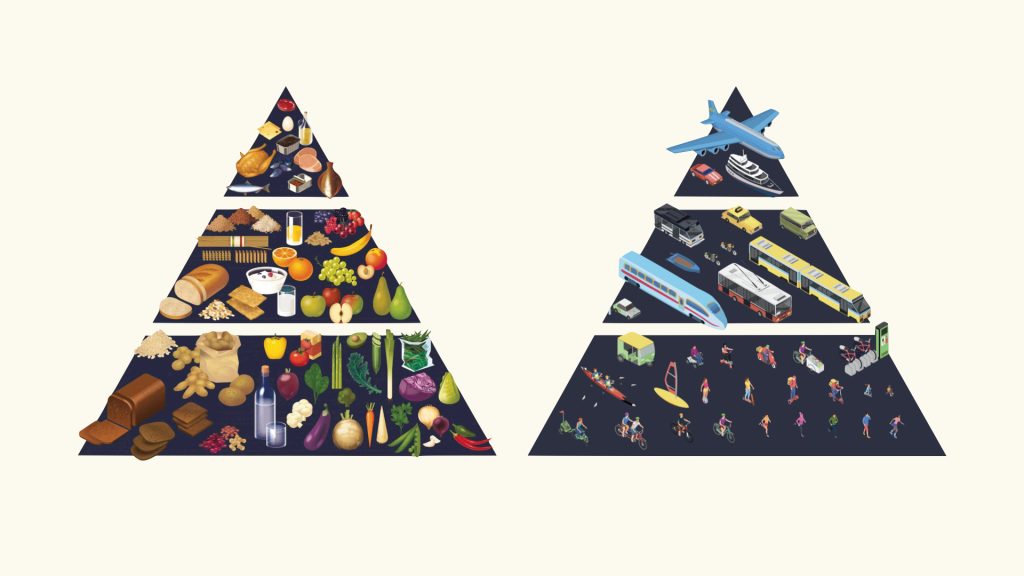Robert Martin The Mobility Diet Opens Conversations About How We Move
In this People & Projects episode of the Streets and People podcast, host Wendy chats with architect Robert Martin,originally from outer Sydney and now based in central Copenhagen. Robert shares his journey from the Blue Mountains to Denmark, with stops in Saudi Arabia and the U.S., and introduces his innovative ‘Mobility Diet’ – a flexible, inclusive way to discuss about how we would like to move through cities.
We explore how different places shape our transport choices, with a focus on how Copenhagen and Paris have advanced cycling and multimodal transport. Robert also reflects on his PhD research, community involvement, and why transport planning must be dynamic and people-centred.
🎧 Whether you’re into urban design, transport, or just curious about how better cities are built—this one’s for you.
You can find the Mobility Diet tool here: https://mobilitydiet.com/ Robert’s PhD: https://vbn.aau.dk/en/publications/points-of-exchange-spatial-strategies-for-the-transition-towards-
Acknowledgements
The Mobility Diet has been developed as part of the industrial PhD project Points of Exchange: Spatial Strategies for the Transition towards Sustainable Urban Mobilities. The PhD project was conducted in collaboration with JAJA Architects, Aalborg University’s Department of Planning, and The Royal Danish Academy of Fine Arts’ Schools of Architecture, Design and Conservation.


